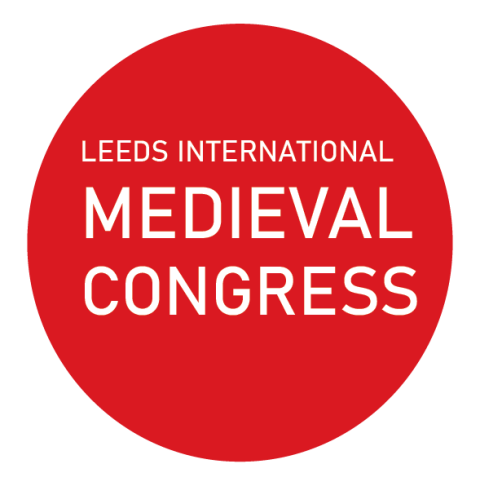Leeds IMC Spotlight: The Netting of the Body, Senses and Soul in Late Antiquity from the 3rd to the 6th Centuries

Anastasia Theologou, who is writing her CEU PhD dissertation on Plotinus and Sympatheia, is organizing a panel at this year’s International Medieval Congress in Leeds, England. Her panel will present Neoplatonic ideas about the soul, senses and body in late antiquity from both Christian and pagan thinkers to an audience of medievalists from around the world. The four papers by Anastasia herself, István Perczel, Gaetano Longo and Andra Jugănaru will discuss interpretations by a range of late antique philosophers. The participants will explore how the soul is related to the body in macrocosm or microcosm, and whether this relationship was perceived in opposition or in complementarity. They will also examine the role of the senses in the connection between the soul, reason and the highest realities.
Firstly, Gaetano Longo, who is writing his PhD at CEU, entitled Damascius' Aporetical Metaphysics in Relation to His Interpretation of Plato's Parmenides, will discuss “The Vehicle of the Soul in Neoplatonism”. His paper will focus on Porphyry (c. 234 – c. 305 C.E), Iamblichus (c. 245 – c. 325 C.E) and Proclus (412 – 485 C.E). In his argument, the relationship between the soul and body has always been an issue for Platonists, and the soul as a vehicle is a means by which to explain the relationship between an incorporeal soul and a corporeal body. This became a major concern for philosophers, especially in post-Plotinian Neoplatonism.
Anastasia will then examine “The Principle of Sympathy in Plotinus’ Philosophy”. She will argue that Plotinus and Galen are involved in an on-going debate on the role of “mutual affections” (συμπάθεια), but Plotinus had his own way of reading the Timaeus, reacting to Galen’s perplexing query regarding the principle of sumpatheia. In this way, Plotinus will be able to introduce a new way to understand unity in the sensory world, arguing at the same time against the Stoics and their materialistic perception of sympatheia.
Andra Juganaru, an alumni of the Department of Medieval Studies, will talk about “Senses and Reason in the Writings of Gregory of Nyssa”. Gregory of Nyssa (ca. 335-395), “the Father of mystical theology,” as scholars have referred to him, compares the acquisition of knowledge by humans and angels. In so doing, on the one hand, he reflects on the role that senses play in human knowledge. On the other hand, he also explains how reason can help humans perceive what the bodily senses cannot. Her paper will explore the interplay of senses and reason in the acquisition of human knowledge. Andra successfully defended her dissertation on Family Double Monasteries in the Fourth and the Fifth Centuries: An Inquiry into the Theological Roots, Social Context, and Early Evolution of an Old Practice at CEU in 2018. She also completed her MA at CEU, writing on Daily Life in the Mixed and Double Monasteries of the Late Antique Near East.
The panel will end with István Perczel, one of our professors, discussing “Baptism and an Origenian Concept of the Soul in the Pseudo-Dionysius’ Ecclesiastic Hierarchy”.